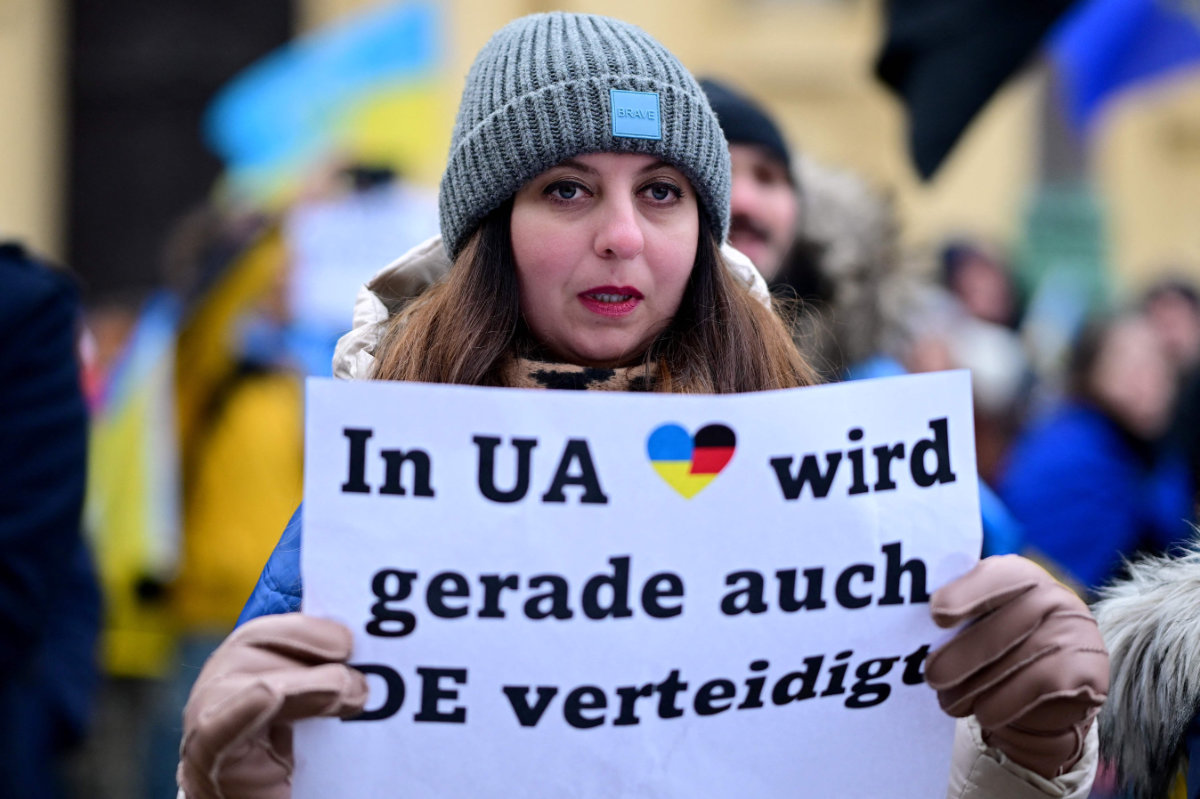ABUJA: The West African bloc ECOWAS on Sunday warned the region faced “disintegration” after the military rulers of Niger, Mali and Burkina Faso cemented a breakaway union.
The three countries formed a “Confederation of Sahel States” at a meeting on the eve of the Economic Community of West African States leaders’ summit, marking another test for the bloc they declared they were splitting from earlier this year.
ECOWAS is already wrestling with sweeping jihadist violence, financial trouble and challenges mustering a regional force.
It was not clear what action the bloc would take after its summit in Abuja, though Nigeria’s President Bola Ahmed Tinubu called on Senegal’s new leader to serve as a “special envoy” with Mali, Burkina Faso and Niger, without providing details.
The head of the ECOWAS Commission, Omar Alieu Touray, said the Sahel countries’ withdrawal risked “political isolation,” losing millions of dollars in funding and hampering freedom of movement.
The break would also worsen insecurity and disrupt the work of the long-proposed regional force, Touray said.
“Our region is facing the risk of disintegration,” he warned.
The juntas in Niger, Mali and Burkina Faso came to power in a series of coups over recent years and announced their intention to leave ECOWAS in January.
They have shifted away from former colonial ruler France and expelled French troops, with Niger’s General Abdourahamane Tiani calling for the establishment of a “community far removed from the stranglehold of foreign powers.”
“Our people have irrevocably turned their backs on ECOWAS,” Tiani said at the Sahel group meeting in Niamey on Saturday, rebuffing the bloc’s pleas to come back into the fold.
The three countries’ decision to leave was fueled in part by their accusation that Paris was manipulating ECOWAS and not providing enough support for anti-jihadist efforts.
Several West African leaders have called for the resumption of dialogue, and Sunday’s summit was the first for new Senegalese President Bassirou Diomaye Faye, who said in May that reconciliation was possible.
“We must do everything we can to avoid the withdrawal of these three brotherly countries from ECOWAS,” he said Sunday, adding that reforms were needed to “adapt ECOWAS to the realities of our times.”
Niger’s ties with ECOWAS deteriorated following the July 2023 coup that brought Tiani to power, which saw the bloc impose sanctions and threaten to intervene militarily to restore ousted president Mohamed Bazoum.
The sanctions were lifted in February but relations remain bitter.
ECOWAS has also been discussing how it can fund a “regional force to combat terrorism and restore constitutional order.”
It has suggested establishing an initial 1,500-member unit, and one proposal was to then muster a brigade of 5,000 soldiers at a cost of around $2.6 billion a year.
ECOWAS has launched military interventions in the past, but its threat of doing so after the coup in Niger fizzled out.
As the bloc grapples with regional challenges, Touray warned it was facing a “dire financial situation.”
ECOWAS also said President Tinubu would stay on as chair, despite reports of a rift over his reappointment.
West Africa bloc warns of ‘disintegration’ after juntas solidify split
https://arab.news/zpkve
West Africa bloc warns of ‘disintegration’ after juntas solidify split

- The head of the ECOWAS Commission, Omar Alieu Touray, said the Sahel countries’ withdrawal risked “political isolation,” losing millions of dollars in funding and hampering freedom of movement



























